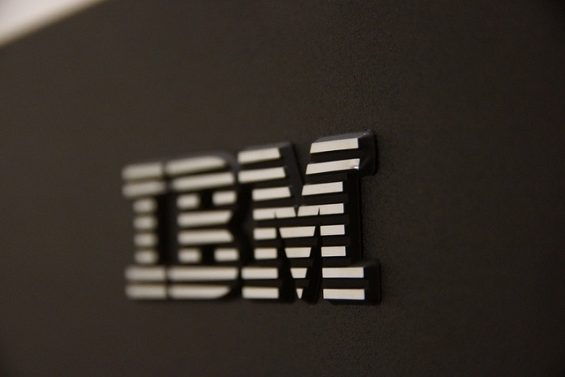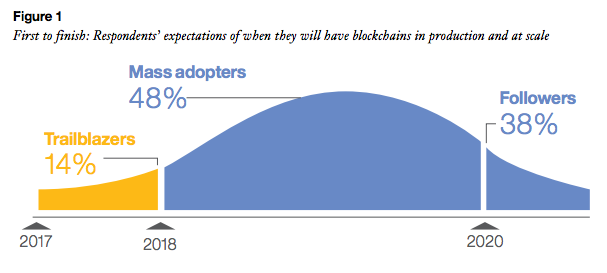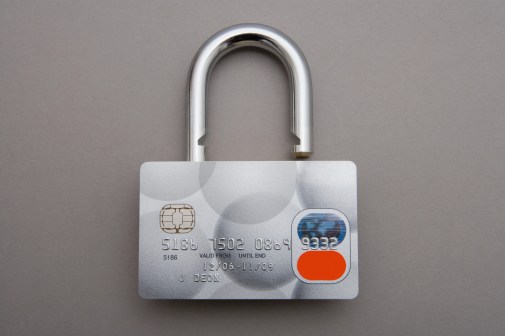IBM: Blockchain good for governent services

Nine in 10 government leaders worldwide predict they will be using blockchain by 2020, but a small group of trailblazers expects to start using the digital ledger technology this year, according to a new survey.
Overall, the survey shows North America is lagging behind global levels of blockchain adoption in four key areas where the trailblazers are leading: citizen services, regulatory compliance, identity authentication and contract management.
The Economist Intelligence Unit surveyed 200 government executives in 16 countries about their experiences and expectations with blockchain technology.
The survey’s sponsors, the IBM Institute for Business Value, blogged about the results this week, and published them in full in a report entitled “Building trust in government — Exploring the potential of blockchains.”
“To our surprise, 14 percent of government organizations surveyed expect to have blockchains in production and at scale in 2017,” the report states.
“We call this group the trailblazers.”

Blockchain adoption in government (Source: IBM)
The report says the trailblazers are over-represented among government respondents in Asia Pacific and Western Europe.
“North America lags behind all [other] regions, a reflection perhaps of the complexity of coordinating blockchain applications across federal and state jurisdictions in the United States,” the report states.
Blockchain, also called distributed ledger technology, uses a network of participating computers and distributed cryptographic software to create an unforgeable record of a transaction, shared between all the parties to it. It’s the basis for bitcoin but it also can be used to maintain land registries, digital identity records and more.
Nearly 9-in-10 trailblazers put the same four key areas as “yield[ing] the highest blend of benefits,” the report states, and 7-in-10 of all government respondents “are focused on these same areas:”
- Citizen services — “From voting to tax collection to land registration, many citizen services are likely to be highly dependent on identity management and unlikely to scale significantly without it. Because participants in a transaction on blockchains have access to the same records, there is no need for third-party intermediaries to validate transactions or verify identities or ownership. Business licenses, property titles, vehicle registrations and other records could all be shifted to blockchains.”
- Regulatory compliance. “Governmental organizations in North America … ranked regulatory compliance number one in terms of blockchain benefits. Blockchains establish an immutable and transparent audit trail that assures timeliness and curbs the costs of managing contracts and enforcing regulations.”
- Identity authentication. “Blockchains that securely compile, cross-reference and verify multiple data sources, events and transactions could establish and validate an individual’s identity when traditional proofs of identity are missing. … The U.S. Postal Service and the Department of Homeland Security are researching the potential for blockchains to establish secure identity management.”
- Contract management. “Over time, a vendor’s history captured on blockchains could be used to validate its reputation and trustworthiness. Transparency derived from contract management on blockchains could improve performance management. For example, in the area of waste management, citizens and companies could register problems — such as garbage that has not been picked up — on a blockchain platform, automatically notifying the garbage collector” and creating a permanent record.



